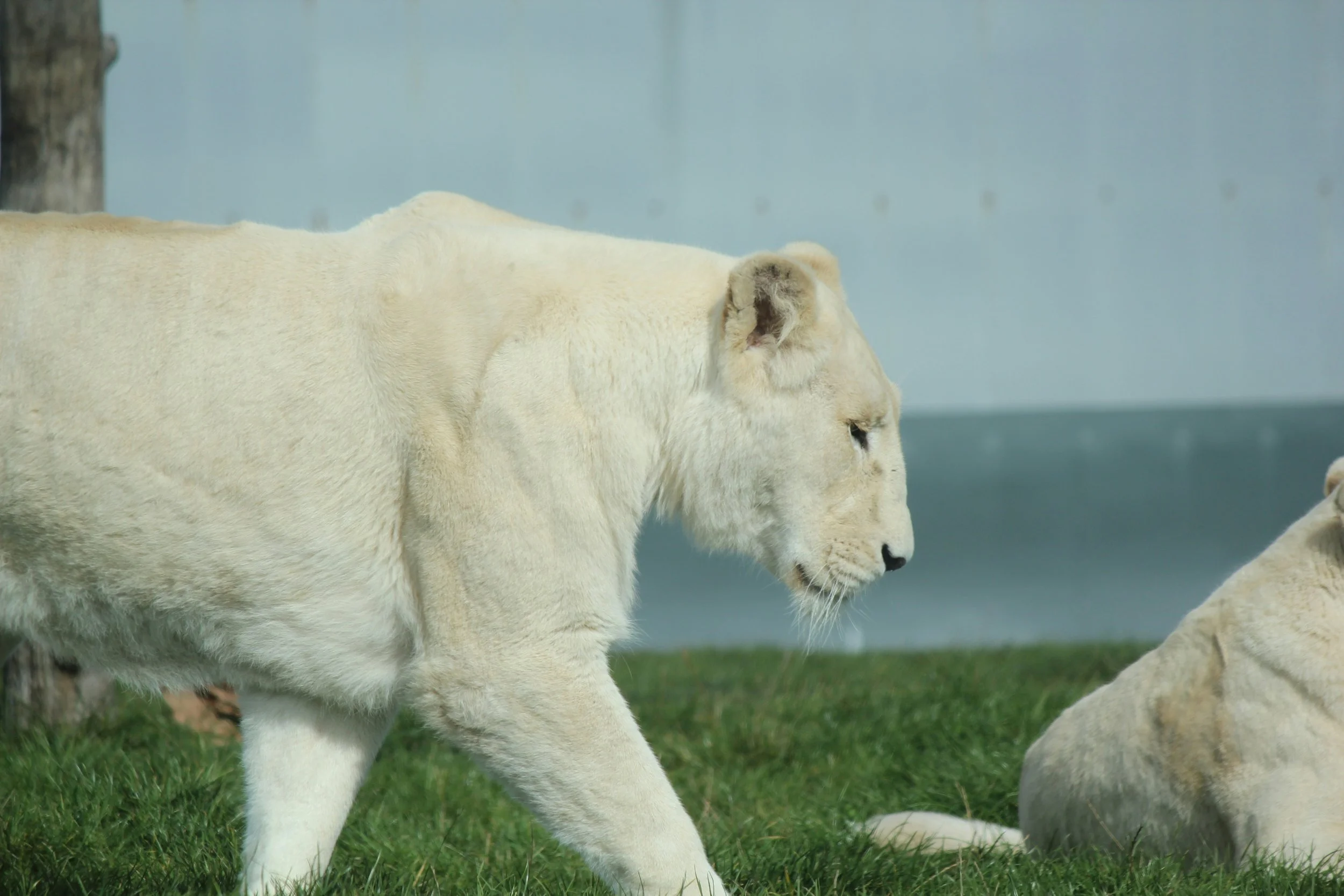Living in Someone Else’s House
The unveiling… That’s what haunts the tone of Leave the World Behind, Sam Esmail’s apocalyptic slow-burn on Netflix. On its surface, the film follows a family’s disruption when the world begins to collapse around them—technological failure, mysterious attacks, unsettling omens. But beneath that, a deeper, more illuminating current flows. Watch the film through an allegorical lens, and something startling begins to emerge: Humanity is living in someone else’s house.
That idea—the creeping suspicion that we are not the true owners of the world we inhabit—becomes the foundation of the Netflix movie. The Airbnb the family rents is no coincidence. It’s a metaphor for the human condition. We have built lives inside structures we do not truly understand, surrounded by technology, systems, and histories we didn’t create. We assume control, but perhaps we are merely caretakers. Or worse, squatters.
So who are the true landlords? In the film’s symbolic subtext, they are underground—literally and figuratively—like the Airbnb hosts who return and quietly take up residence on the bottom floor of the home, reclaiming the space without ever needing to assert dominance. Maybe hiding in bunkers. Maybe they’re giants, vampires, or remnants of a forgotten civilization. Maybe they are the elites—the architects of our economic, technological, and spiritual enclosure—waiting out the collapse. The film offers subtle hints without ever naming names, but it ends with a close-up of Buffy the Vampire Slayer.
And then, there is the White Lion.
Photo by Calum Hill on Unsplash.
A massive container ship silently creeps toward the American coast, slow and unrelenting. Its presence is menacing, prophetic. The name, White Lion, is rich in symbolism. In many esoteric traditions, white lions are guardians of divine truth, symbols of awakening and purity, often connected to spiritual kingship or messianic return. In the film, its silent approach suggests the slow but inevitable arrival of a new order—a spiritual shift pressing in from the horizon.
As the White Lion draws near, the United States stands at a crossroads. The characters—and by implication, the nation—must decide: will they embrace this metaphysical shift and abandon the broken systems (and those who benefit from them) hiding below? Or will they cling to what is known, what is safe, even if it means destruction? The film suggests that time is up. Other nations, perhaps less tethered to illusion, are already acting. New York is targeted with a nuclear bomb. The familiar centers of control are collapsing. The spiritual, political, and ecological reckoning is no longer theoretical.
In the end, both factions—the elites above (humans) and the old forces below (giants?)—seem desperate to protect each other. They form an unholy alliance of inertia. The elites want to safeguard their grip; the ancient powers want to remain hidden while preventing the approaching White Lion. But there is one exception. A girl. Quiet, open, and attentive to something others ignore. She follows a deer—a spirit-guide figure—into the forest, away from collapse, toward a hidden home. The deer, gentle but firm, represents the daemon of transformation—a gift from God. She’s not escaping the world, but returning to something inherent in human nature, something sacred. The real home.
And her final words—“I think I’m done waiting” to listen to God—reverberate with the force of resolute clarity to learn about something greater than herself. While the old world clings, manipulates, delays, she responds. No longer waiting for permission, for validation, or for safety, she acts. She accepts the call of the shift.
In the end, Leave the World Behind is about societal breakdown. It’s about apocalypse in the truest sense of the word—unveiling. What is unveiled is that the world we’ve built rests on forgotten foundations, inhabited by borrowed spirits, guarded by forces we no longer understand. The house isn’t ours. But if we listen closely—if we watch for the White Lion—we may yet find a castle—our own home—among the clouds.

